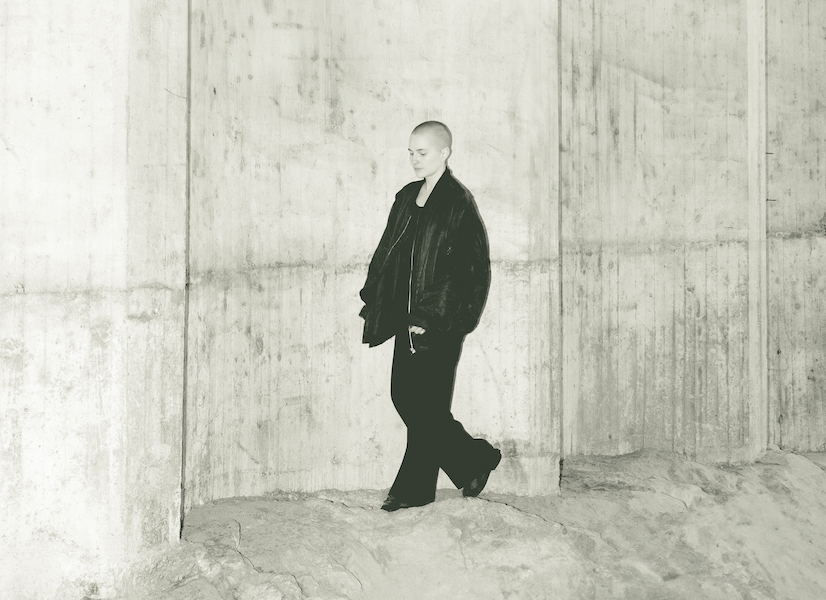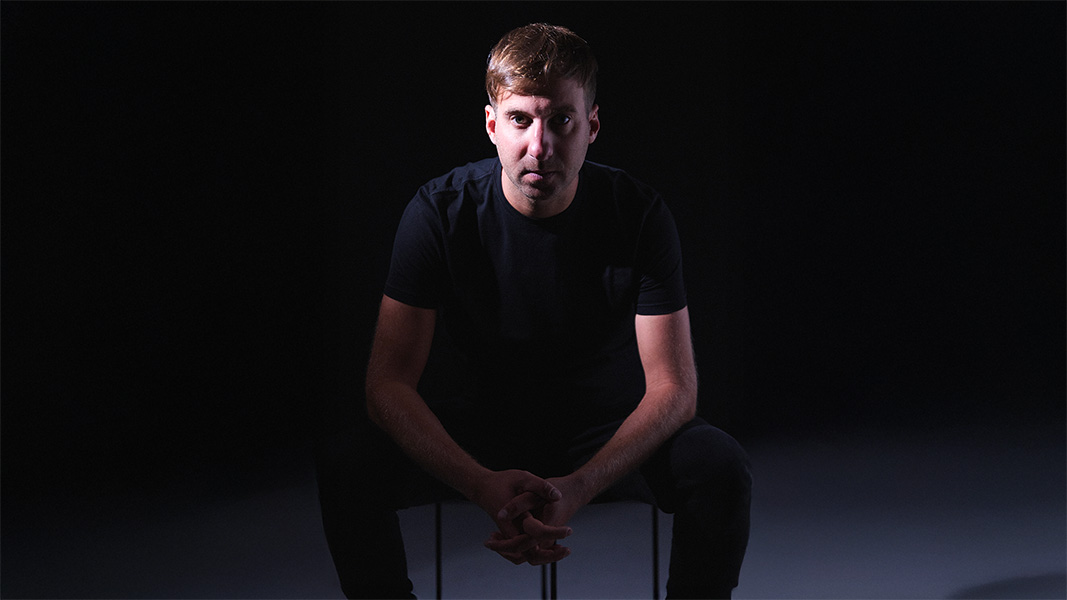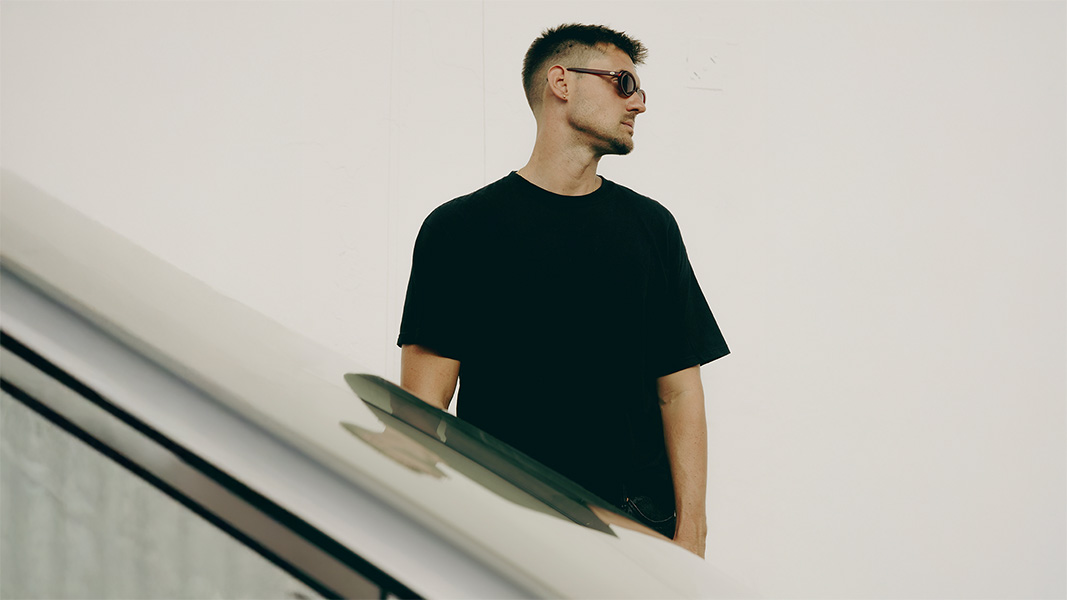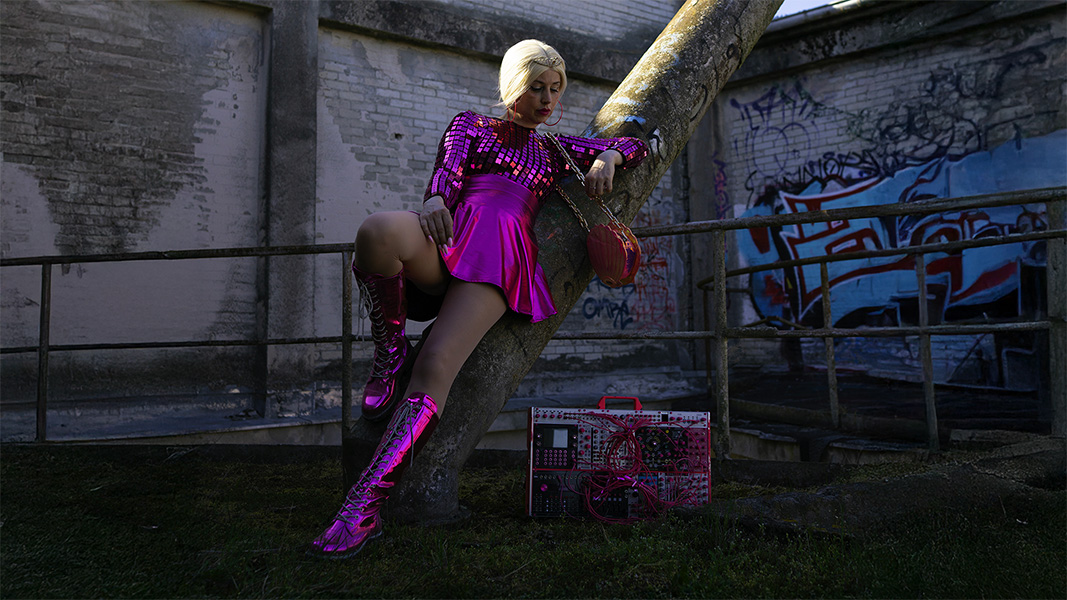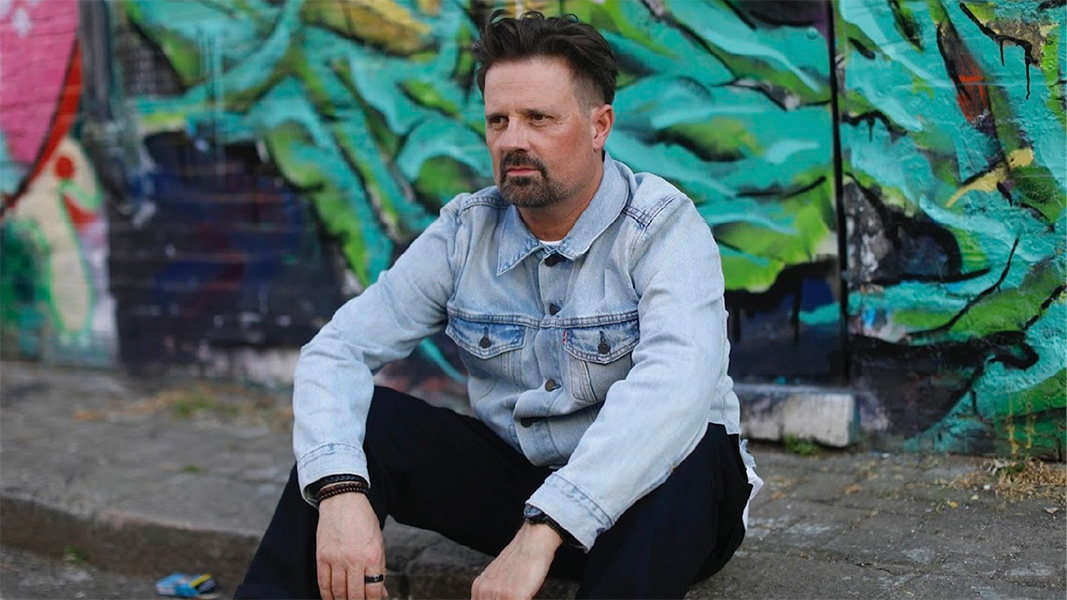Fresh off the release of her latest album ‘Aqua Lull’ (featuring a cast of stellar collaborations) on Jeremy Olander’s Vivrant, we caught up with the ever-talented MOLØ to get all the deets!
WWD: Can you tell us about your journey from your debut release ‘Vanadis’ to your latest album ‘Aqua Lull’? How has your sound evolved over the years?
‘Vanadis’ was one of the first tracks I produced. I was lucky to find Jeremy who wanted to finish it together. Having a track released so early in the process as you’re just starting out before you’ve developed a sound has its pros and cons.
I felt the weight of expectations before really understanding my own sound. The more I’ve developed as a producer, the more confident I felt about breaking out from the path I started out in. I’ve been experimenting a lot, especially in the last year, and I feel my journey is just starting. There’s still so much to uncover about the direction I want to pursue. Patience is required for the nuanced development of your craft.
WWD: The concept of short-form albums offering comprehensive artistic freedom is intriguing. How did this concept influence your creative process while working on ‘Aqua Lull’?
It gave me the courage to share whatever came out of my creative process, no matter what it was.
Your debut album features collaborations with artists like Atish, Running Pine, and boerd. Could you elaborate on how these collaborations came about and how they contributed to the overall vision of the album?
For some time, I’ve admired boerd and looked up to his work. Our paths crossed during our involvement with Anjunadeep, as we were both releasing music and playing shows with them. I had a sketch that was intended to be a lullaby, but it felt incomplete. I reached out to boerd for input, and what he came back with was truly remarkable. I cried like a baby when I heard it for the first time in the studio.
About two years ago Atish sent me some sketches via email. I initially worked on one of them but struggled to find a home for it at the time. Then last year, when I began piecing together what was going to become this album, I realised it was a perfect fit for it. I love it so much.
When I collaborated with Running Pine, I was super excited because his voice resonated with me in a way I hadn’t felt before when working with vocals. His expression is uniquely soft and authentic. I shared an old track with him, and once again, the version he came back with exceed all my expectations.
Overall, these collaborations not only enriched the album but also pushed me creatively, challenging me to explore new sonic territories and approaches to making music.
WWD: In ‘Aqua Lull’, you mentioned exploring a different side of yourself that doesn’t necessarily align with the high-energy club scene. Could you delve deeper into this revelation and how it shaped the album’s sound and themes?
It began during the pandemic when clubs were shutting down. I started delving into music meant for listening rather than dancing. I was struck by its effect, which influenced my work in the studio. I tried to create something for a peak time set because that was what was expected of me, but came to the realisation it’s beyond my control. Only when I stopped trying to control the outcome, and instead allowed my creativity to flow freely did I discover this new side of myself.
WWD: Your music has garnered support from various influential figures in the dance music industry. How does this recognition impact your approach to creating music, if at all?
It definitely boosts my confidence when others, in a way, validate my music. Even though I always try to create music for myself, I still feel just as happy when people understand what I want to convey. Knowing that creates a sense of peace.
The album features tracks like ‘Levi,’ ‘Balo’, and ‘Chelle’, each seemingly offering a different mood and atmosphere. Could you walk us through the inspiration behind these tracks and what you hope listeners take away from them?
‘Levi’ was made as an intro track. I want the listener to be intrigued. Feel like something is about to kick off.
With ‘Balo’, I wanted to create a flowy track with a classic breakbeat. My inspiration came from a specific one, ‘Lone Swordsman’ by Daniel Avery. I love its dreamy and atmospheric essence.
‘Balo’ really wrote itself to be honest. I want people to drift away to this one. Feel hope.
‘Chelle’ is a special one. I actually wrote it in memory of a relative that passed away recently, Kjell Lönnå. He was an incredible musician and entertainer. He often reached out to discuss music whenever I released a new track, delving into various keys and harmonics. G minor held a special place in his heart, a detail he never failed to mention. After his passing, I made a lullaby set in the key he cherished most – G minor.
WWD: Over the past few years, you’re saying you witnessed changes in the music scene, particularly with the closure of small clubs and live music spaces. How has this affected your creative process and the direction of your music?
I’m really trying not to let this get to me. I think our scene could benefit from more spaces to present music beyond clubs, festivals, and dance floors. Imagine if we could remove the expectation of solely creating music for dancing and embrace the freedom to express ourselves.
This makes me more passionate about my goal to create more spaces, broaden perspectives, and showcase the possibilities within electronic music.
WWD: ‘Aqua Lull’ sounds like it’s made without any consideration for current music trends in dance music. What elements of the album do you believe contribute to making it timeless, and how do you envision it resonating with listeners in the future?
That’s a hard question.
I’ve always approached my music with a focus on authenticity rather than following trends. I think it’s more about the emotional resonance rather than any deliberate effort from me. While dance music trends may come and go, I believe that genuine and profound music has the potential to stay. And I simply hope that ‘Aqua Lull’ will find its audience and resonate with people on an emotional level, providing comfort and inspiration.
WWD: As an artist, what do you see as the most rewarding aspect of the creative process, especially when it comes to producing an album like ‘Aqua Lull’ that represents a celebration of artistic freedom?
The most rewarding part of the creative process was the sense of discovery and growth it brought me. It’s all about constantly pushing myself to explore new ideas and sounds, knowing that each step forward is a small victory. It represents a celebration of artistic freedom because it allowed me to express myself authentically without any constraints. The joy comes not from any grand statement but from the simple act of creating and the connection it fosters with others.
‘Aqua Lull’ is available on platforms here

